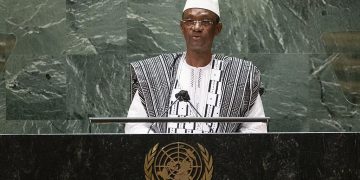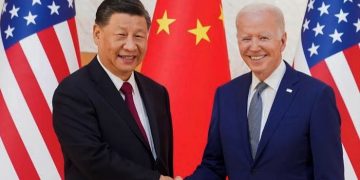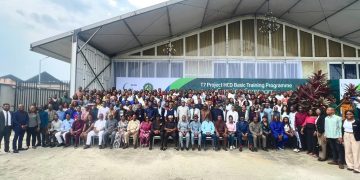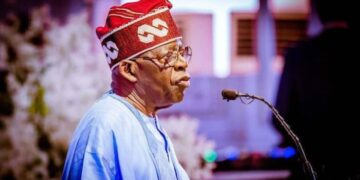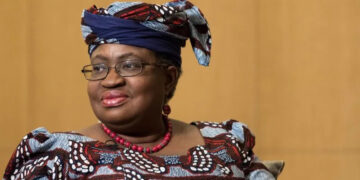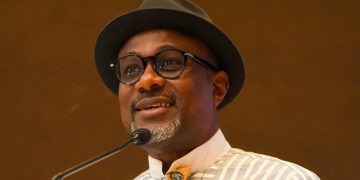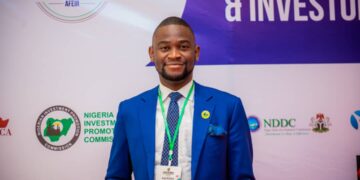In the aftermath of the pandemic, educators of the world have had to undertake an impossible task: to replicate the functions of school for what seems to be an indefinite period, without a personal touch and without bricks and mortar. And that means millions of teachers are resorting to technologies new and old to reach and teach every student. The nation’s schools have never had to improvise like this.
But today, the need of the hour is to quickly evolve and adapt to newer, more effective ways of teaching that suit the current situation. It is true that teaching remotely can be just as exhausting as teaching in-person but unlearning the traditional ways and grasping modern methodology is a transformation that calls for a great effort.
In many ways, teachers are working with one foot in the future and the other in the past. Today’s graduates will serve the most digitally savvy, socially networked generation in history. The youth of today have a clear vision of what a 21st-century education should provide and already participate in online communities with a wealth of learning resources that go way beyond the bounds of their schools and the limits of our comprehension. They will pursue careers in a globally integrated knowledge economy that rewards teamwork, continuous learning, and constant innovation. Hence, this calls for a contemporary approach and technique to be applied to the entire learning system.
So how are educators redefining the educational framework today?
1. They endeavour to facilitate and inspire student learning and creativity so that all students achieve in the global society. Teachers are engaging today’s digital-age learners to meet the goals of closing the achievement gap so that all students graduate from high school ready to succeed in college and careers.
2. They enable students to maximize the potential of their formal and informal learning experiences. Teachers are learning to work within a technology-empowered ecology and are trying to help students orchestrate the resources of this new learning environment to meet their individual learning needs.
3. New age teachers facilitate learning in multiple modalities. In an open learning ecology, teachers are learning to embrace a greater diversity of spaces, times, resources, media and other methods. Modern-day learning environments are synchronous and asynchronous, face-to-face and virtual, local and global. The rapid growth of virtual high schools and courses underscores the need for teachers with the skills to teach both in classrooms and online environments.
4. Teachers have not only embraced technology like never before, but they have also reached out to the emotionally distraught children, making time to counsel them, help them adapt to technology-driven learning and move forward. They have played the roles of mentors, facilitators and counsellors, having counselled parents who are juggling with multiple responsibilities in the midst of the pandemic.
5. Teachers are collaborating with subject matter experts in the community in a blend of face-to-face and online learning that turns schools into hubs in a networked learning ecology.
6. Teachers are now making use of the full range of digital-age learning tools to improve student engagement and achievement. Teachers are reliant on digital technology to customize learning activities for individual student needs. They are also willing to contribute to the continued evolution of these tools and develop their knowledge of how to use them to improve learning.
In essence, teachers have well understood that transformational changes are needed in teacher education to move the public education system into a contemporary sphere. Nations around the world are racing to take their educational systems into the future also encouraging our educators to build pathways to the future of digital-age teaching and learning and taking the first step towards launching this transformation.







